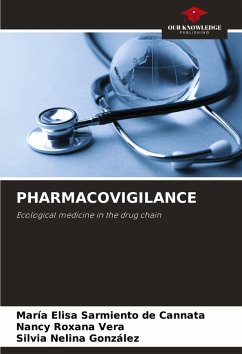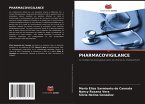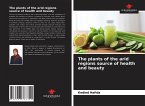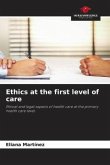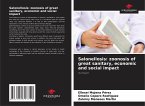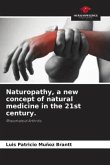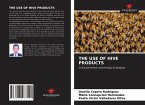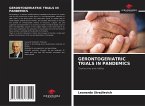The medicine used by an urban population for different purposes, including therapeutic ones, becomes a pollutant when it enters a natural ecosystem, alters its balance, affects its health and turns an environment that provides natural resources (water and food of plant and animal origin) into a danger to human health. Pharmacovigilance becomes a useful tool for Ecological Medicine, which, by taking care of the health of the environment, takes care of the health of the population, chronically and inadvertently exposed to biologically active molecules. This work begins the study of Pharmacovigilance in the Salí Dulce Watershed, with the detection of modifications in the state of health of this eco-system that endangers biodiversity, sustainability and human health; to later search for the presence of non-biodegradable organic molecules as potential active pharmaceutical ingredients (API).
Bitte wählen Sie Ihr Anliegen aus.
Rechnungen
Retourenschein anfordern
Bestellstatus
Storno

